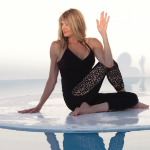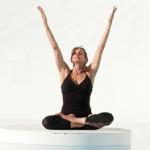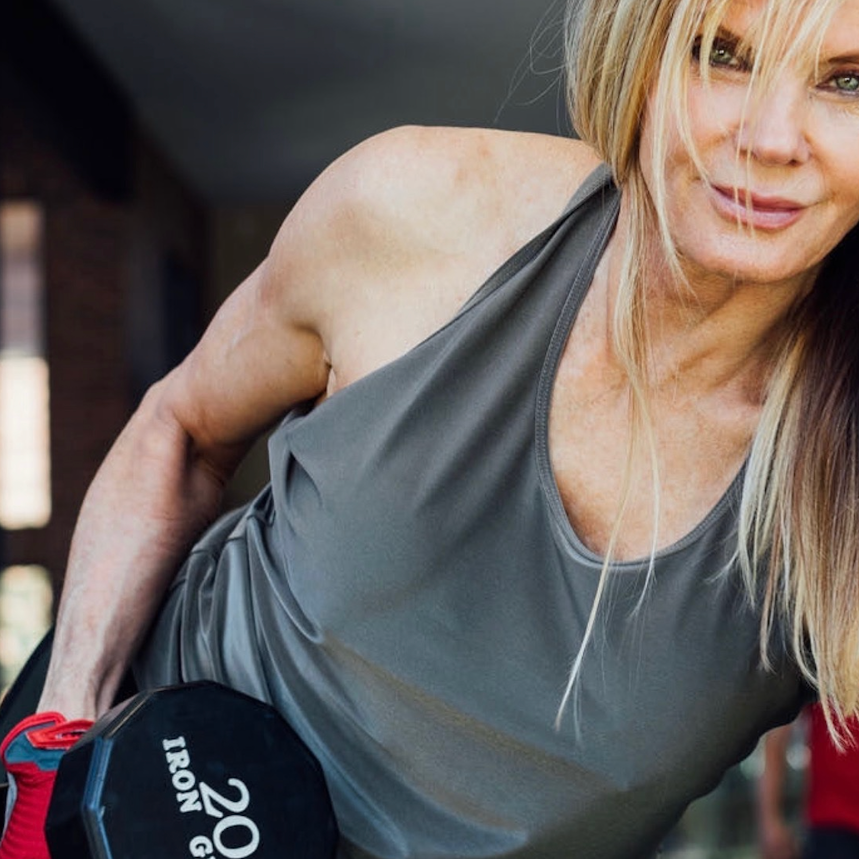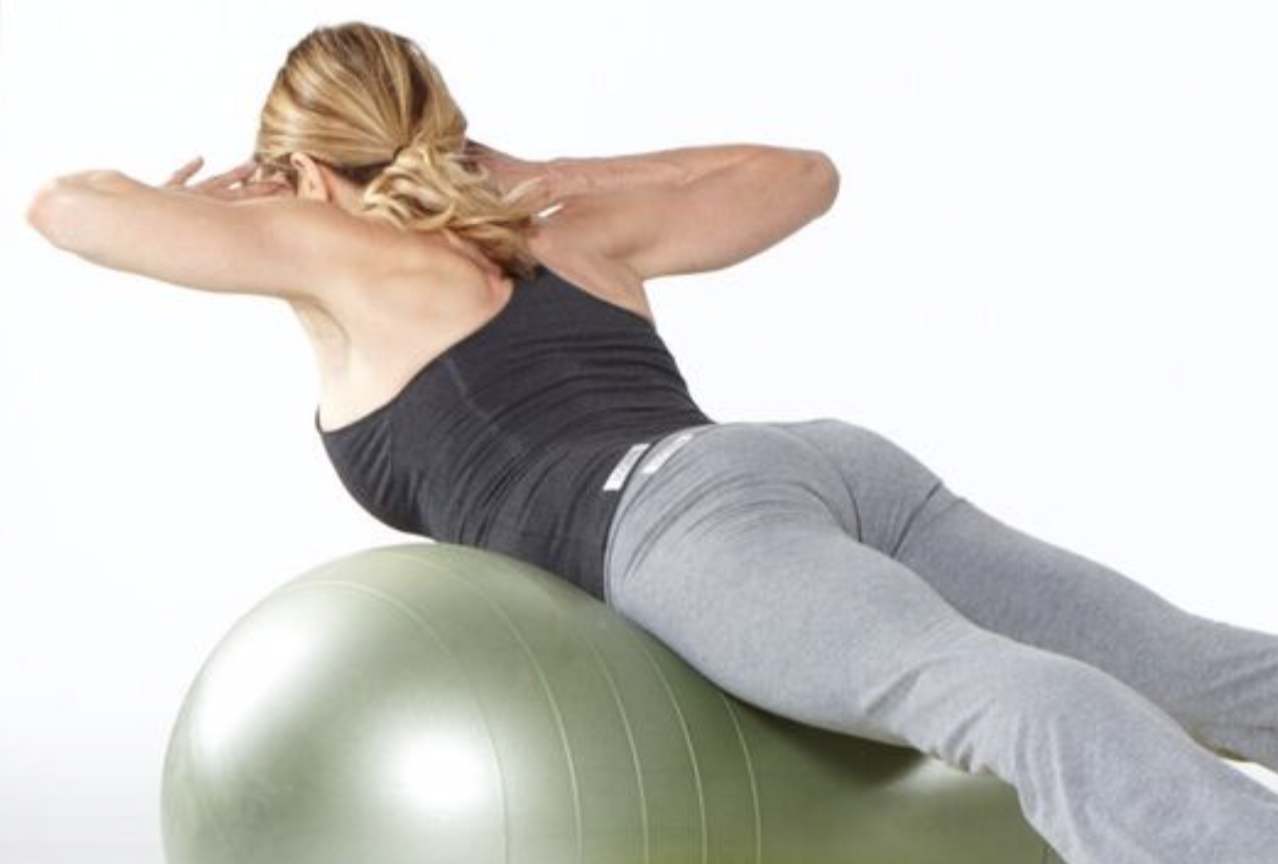There are seasons of the year—and of life—when you’re full of energy and determination and you want to run and jump and push and grow. There are other times, seasons of stress, when you feel you want to stop everything, circle the wagons, and close in on yourself. When I was going through my divorce, I was physically and emotionally spent. I had no desire for sex—any more than I had a desire for strenuous exercise. Still, twice a week, I would manage to do a very simple regenerative yoga practice. It might only have been a few basic restorative
poses, but it was enough to center me and give me the energy to deal with the emotional stress. Equally important, it kept me in touch with my body.
The trouble with many of the normal interruptions in our energy cycles is that they can become permanent if we let them.
Ways to de-stress:
-
Check your hormone levels
Yes, being on a hormonal trampoline can add extra stress into your life. For a while, you’re crying in the bathroom, wondering why the world just doesn’t seem nice anymore. But then you start to get some perspective. The consolation, again, is that most of the symptoms are temporary. By coming to understand them better, you start to take control. Right now, at sixty-two, I feel ten times better than I did at forty-five. That’s because I’ve figured out ways to sleep better and keep my moods more even, by cutting back on sugar and using meditation and herbs like valerian to unwind.
In the meantime, it’s important to communicate very specifically with your doctor about your symptoms. Although hormone replacement carries some risk and is not appropriate for every woman, it can be a god-send in dealing with severe symptoms.
Dr. Anna Cabeca, DO is an expert in Women’s health and Functional Medicine. She claims that balancing out both your cortisol and oxytocin will help ease your stress:
” The chronic effects of stress can literally empty our tanks and throw us way off balance. It is very possible that two of the most important hormones in your body – cortisol and oxytocin – are waging war on each other and wreaking havoc on your life!
“To create more oxytocin in your life: hug, laugh, play, look into someone’s eyes and smile, orgasm, give gratitude and thanks, get and play with a pet, stay in the present, control the stress we can and manage our thoughts around the stress we can’t control.
– Read more from Dr. Anna Cabecca on “Why Do I feel Disconnected? The Cortisol-Oxytocin Connection”For more information, and non-hormonal strategies, see my book Moving Through Menopause, and Dr. Sara Gottfried’s book, The Hormone Cure
-
Get Sweaty
Some physical stresses are more difficult to resolve than others. Chronic depression, pain, or fatigue can be very demoralizing. I don’t want to minimize the importance of problems that really call for medical treatment, but I find that physical movement can be useful, by helping change your focus. I also believe that physical exercise can be a way of accessing psychological issues, and that by working with the body— often in a therapy setting—emotional pain can be uncovered and worked through. As for chronic physical pain, the best treatment can often be rejuvenating exercise.
-
Go to bed early
Getting a good night’s rest has a major impact on the way I look and feel. 8 hours of sleep can really define my day. It’s the difference between having an energized, positive outlook that allows me to charge into the day…or dragging myself out of bed in search of a caffeine fix.You’re probably familiar with the terms larks and owls, and probably know someone (maybe even yourself) who fits the classic description of a morning or night person. Truth is, though, most of us are not extreme larks or owls, but fall somewhere in the middle. If left to our natural rhythm, we tend to rise somewhere between 7 and 8 a.m., get sleepy around ten at night, and fall asleep by midnight, with variations of up to an hour or two either way.
More important is the fact that, whatever hours we keep, we tend to follow a consistent pattern of energy and bodily function over the course of the day. This inner clock is governed by chemical processes in the human body that synchronize themselves to the light–dark cycle of the environment. Coming to terms with your cycle will help you in everything you do.
Knowing and, more importantly, respecting your body’s daily energy map is a great way to make yourself more productive, improve the effectiveness of exercise, reduce the likelihood of accidents, improve your sexual performance, and, in general, increase your enjoyment of life.
-
Donate Your Clutter
Each year, I make an effort t to simplify my life, which includes getting a rid of a lot of things that I have accumulated over the years and spent a lot of time, effort, and money to maintain. My life flows better and I feel more grounded not having to worry about all the little details that used to consume me.
-
Enjoy A Moment Of Silence
Lastly, there’s meditation — a real cornerstone in my life. Spend a few minutes in the morning, focusing on your breath and feeling grateful for what you have. It really shifts your outlook and makes the rest of the day so much better.For an alternate form of meditation, try Mindful Sensory Awareness. As you go through your day, occasionally choose a task and carry it out in a slower, more deliberate, and receptive state. Do this with tasks that are normally unconscious: putting on socks and shoes, using your door key, washing your hands. See how it feels to perform these tasks at an extremely slow speed; spend half a minute picking up your coffee cup and taking a sip, and so on. It may feel very strange—as though you’re drugged or sleepwalking. Notice how easy it is to become distracted by outside thoughts, and how tough it is to maintain your concentration on the sensory experience. As you notice your mind wandering, direct it back to your sensations.
Although I’ve been talking about the process of consciously engaging your senses, that’s not to say the senses don’t engage unconsciously all the time—all of us are grabbed by things. We look up and gasp at a sunset, or melt into a back rub, or smell a pie baking. These are hard to miss.
But there’s a world of subtler sensation that often goes unnoticed. And it’s these subtleties that you’ll discover through mindful awareness—in the same way that you spot more stars as your eyes adjust to the darkness. In fact, even those high-voltage sensations—those sunsets and brass bands—become richer, more exciting, more nuanced, when you experience them consciously. That is, when you focus consciously on the physical thrill they’re causing. The more conscious, undivided attention we give to our senses, the richer the experience will be.








